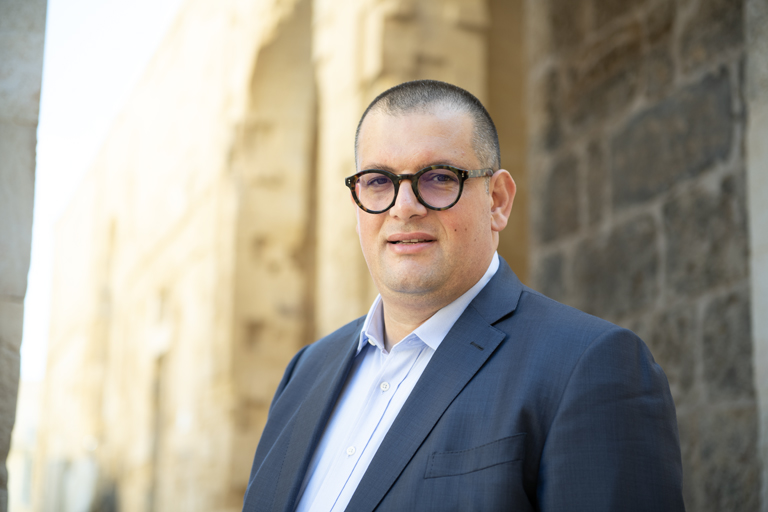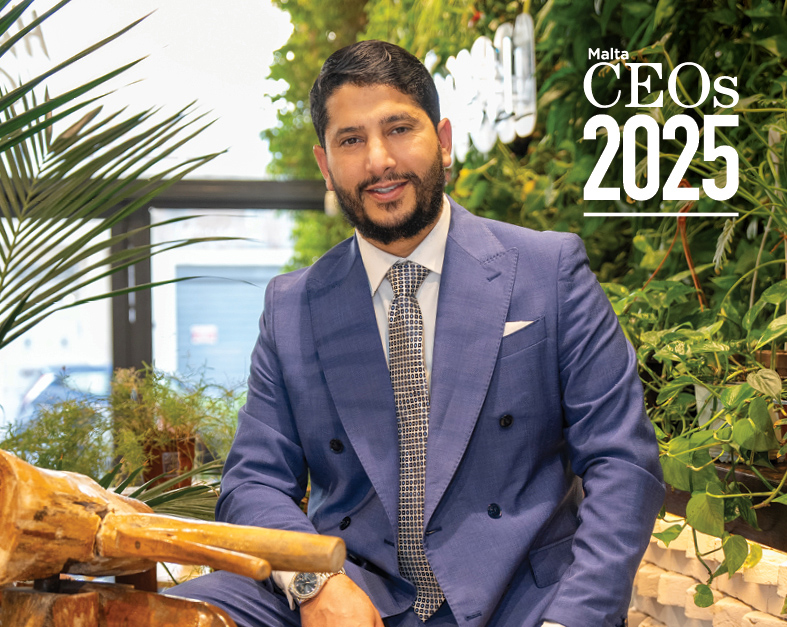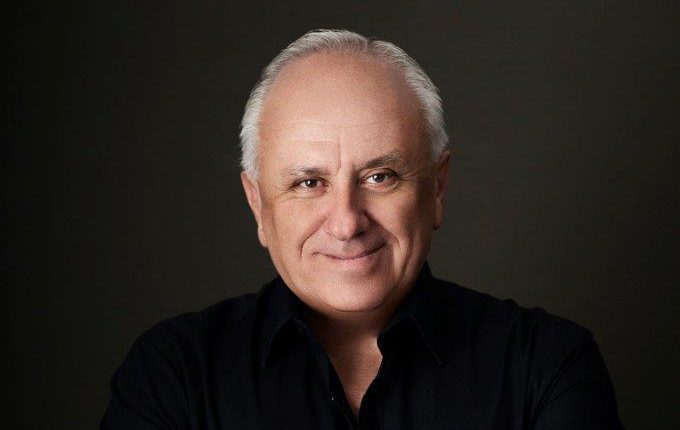Kenneth Farrugia, CEO of the Malta Financial Services Authority, is “acutely aware” of the responsibilities that come with his position, and promises to “work tirelessly” to ensure that the authority continues to be “a trusted and respected regulator that fosters innovation, growth, and stability in the financial services sector”.
In his message in the regulator’s annual report, Mr Farrugia, who took the helm in April 2023 following a stint as Director of the Financial Intelligence Analysis Unit (FIAU), said that he feels “both humbled and excited” with his appointment.
He noted that despite the ongoing impact of the COVID-19 pandemic and the war in Ukraine on the global economy, the financial services industry in Malta remained resilient during 2022, describing the growth in employment of 26 per cent as “an indicator of its strong performance and contribution to the country’s economy”.
Commenting on current trends in the sector, Mr Farrugia said that the MFSA has been “actively promoting sustainable finance in Malta through the setting up of a dedicated sustainable finance policy team and by issuing multiple circulars that outline the requirements that need to be met by institutions.”
A “critical” part of the transition to a more sustainable financial system, he said, is the accelerated shift towards digital financial services, and assured stakeholders that the MFSA “recognises the importance of embracing innovation and digitalisation while ensuring that risks are appropriately managed.”
With regards to money laundering and terrorist financing, Mr Farrugia stated that Malta’s removal from the FATF’s grey list in June 2022 was “a testament to the hard work and collaboration of all stakeholders involved”.
“The Authority is committed to continue contributing to the fight against financial crime, including through close cooperation with the FIAU and other competent authorities.”
Looking ahead, the MFSA’s vision is to be a “proactive, risk-based and technology-driven regulator”, said the CEO.
“We not only intend to communicate our plans to all impacted stakeholders, but we will also work closely with other governmental entities and the private sector to gauge their opinions and expertise at hand.”
The authority’s strategic statement for the years ahead focuses on five key objectives: delivering agile and proactive regulation; sustaining a resilient, internationally networked financial sector; promoting good governance and compliance; embracing innovation, and engaging with the public.
“We will commit to achieving these objectives in the next three years through a set of defined milestones – through these, we are also ensuring that we are aligned with the strategy launched by the Malta Financial Services Advisory Council (MFSAC) a few months ago.
“Coordination with other governmental authorities and other players in the sector will ultimately increase our efficiency and effectiveness in the way the jurisdiction is regulated, all the while ensuring the sustainable growth of the financial services industry.”
He concluded: “As we continue to strive towards bringing our vision to fruition, we remain humble and open to collaboration so that we may continuously identify areas for further growth and development.”
Featured Image:
Bernard Polidano
Networking that works: Real advice for building meaningful connections
Effective networking is about building authentic, lasting relationships.
Built for resilience: Inside Accolade Industrial Fund’s decade of strategic growth
Accolade Industrial Fund represents a €1.92 billion real estate powerhouse – now it invites Malta’s investors to share in the ...
73% of Maltese social media users follow brands: Why CEO messaging is no longer optional
The data shows a clear appetite for personal connection
‘Immense pride and gratitude’: David Curmi reflects on one year of KM Malta Airlines
'Every individual plays a crucial role.'









